Julia has always had a passion for animals. “I had three Golden Retrievers growing up – all of which died of cancer. Needless to say, I’m extremely passionate about the work I do.” However, discerning her career path wasn’t always clear and easy. “If you are interested in science and math, don’t feel like you need to go down a cookie-cutter path. If you find a subject you love, keep exploring it—talk to people with a variety of jobs to help shape your career ideals and hone your interests. It is amazing how many opportunities are out there!” Read more to of Julia’s interview to discover how she shaped her own career niche as a veterinary cancer researcher.
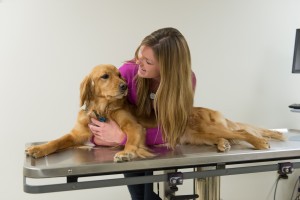
Dr. Anne Avery and DVM/PhD student Julia Bromberek examine “Maggie” as part of their research into cancer in golden retreivers. May 14, 2015. Photo Credit: John Eisele
Year in present degree: 5th year of the combined Doctor of Veterinary Medicine & Ph.D. program
Department: Doctor of Veterinary Medicine & Ph.D. program in the Department of Environmental and Radiological Health Sciences
Your previous degrees, majors, & schools: BS in Biological Sciences at UC Davis, MSPH in Epidemiology at Emory University
- What problem will your research help to solve?
My research will help us understand why dogs develop lymphoma. By understanding risk factors for lymphoma, we can (hopefully) decrease the number of dogs who are affected by this disease. In addition, since human lymphoma is so similar to canine lymphoma, this research can help people as well.
- What advice do you have for high school and undergraduate students about entering this field/area of research?
Even if you love STEM, make sure to still practice and take classes in writing. I think that once people have decided to focus on STEM subjects, there is often a tendency to take the minimum number of classes that require writing and public speaking. Try to avoid that tendency! Being able to communicate your findings (through both writing and speaking) is one of the most important parts of research. The more practice you get, the better off you will be.
- What helps an individual be successful in this field?
Curiosity and passion. Research can be a tedious, frustrating process, so for me it is important to always see the bigger picture of how I’m contributing to the greater good. Curiosity is also key to continue asking new research questions and to have the drive and excitement behind searching for answers. Having a thirst for knowledge and feeling of ownership in your work will get you far.
- What advice do you have for school counselors and/or college advisors to help students succeed in STEM?
Make sure to remind students that opportunities are ENDLESS in these fields. I felt my college advisors herded me down pre-designed paths (medical school if you like science, actuary if you like math) and none of them felt right to me. Even as a combined DVM/PhD, which sounds like a very specific set of degrees, I still feel my career could go in many directions. Make sure to encourage students to explore opportunities until they find their perfect niche.
Stemcareer.com includes these interviews as part of the GAUSSI Career Planning program under the direction of Rich Feller PhD, Professor of Counseling and Career Development, Colorado State University.



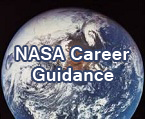

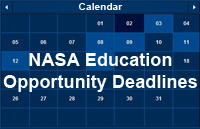
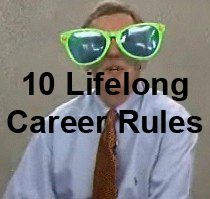
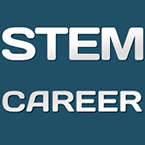
Comments are closed.